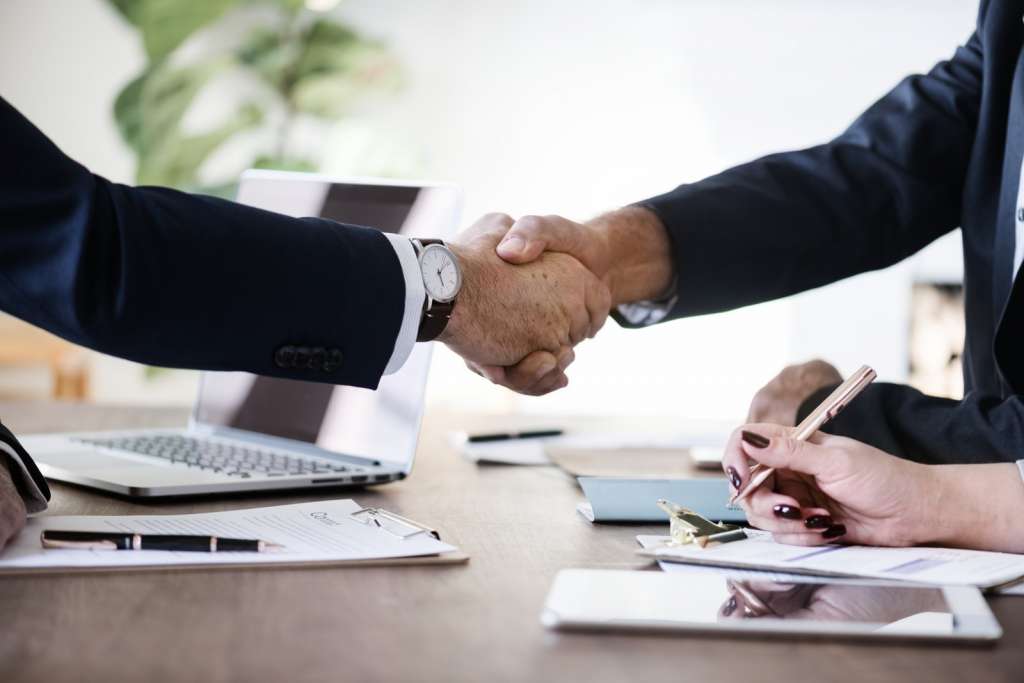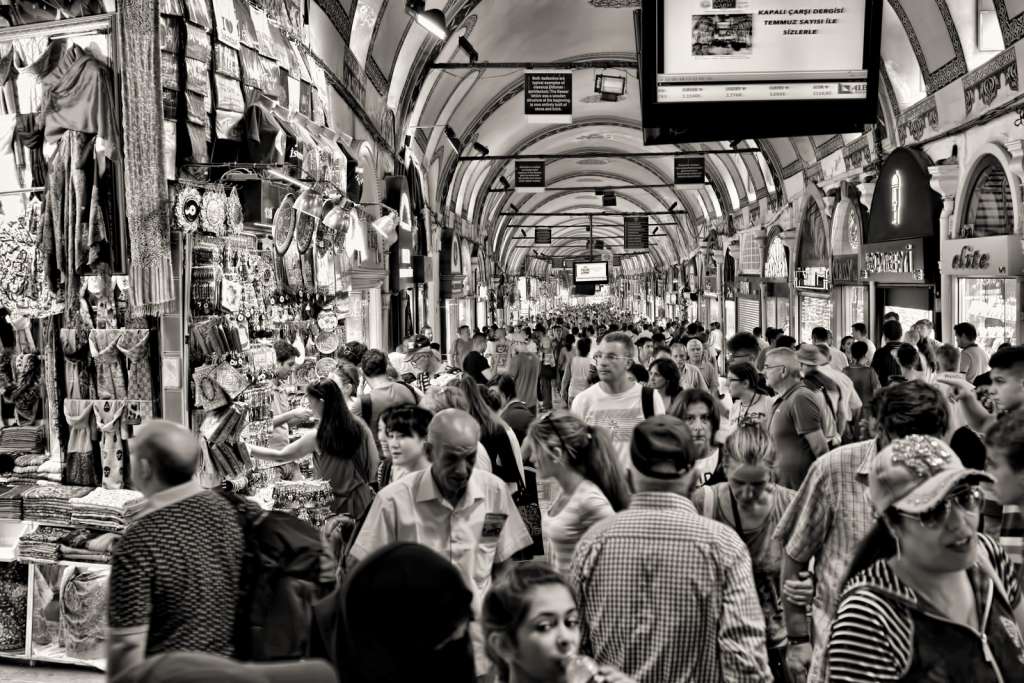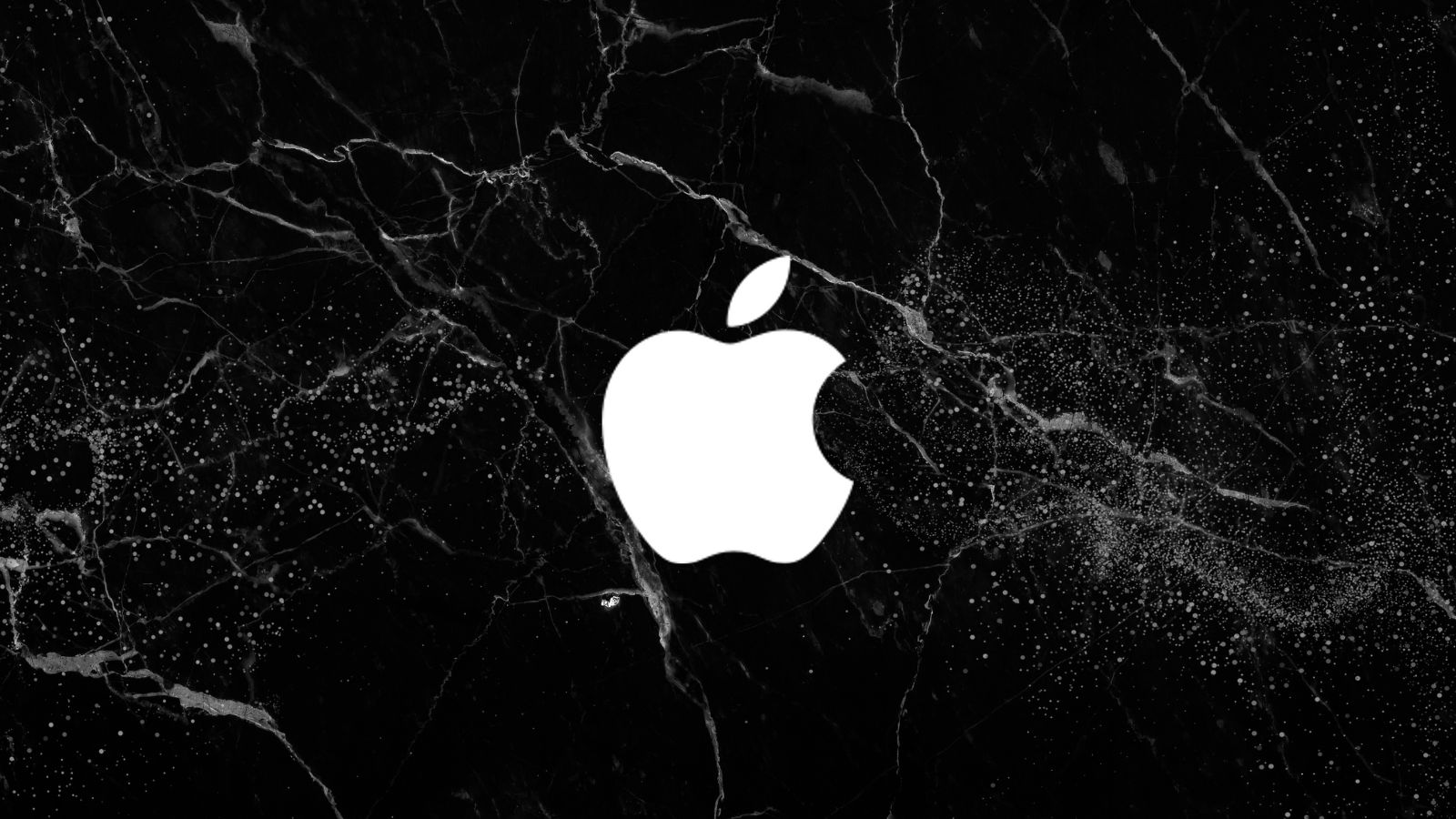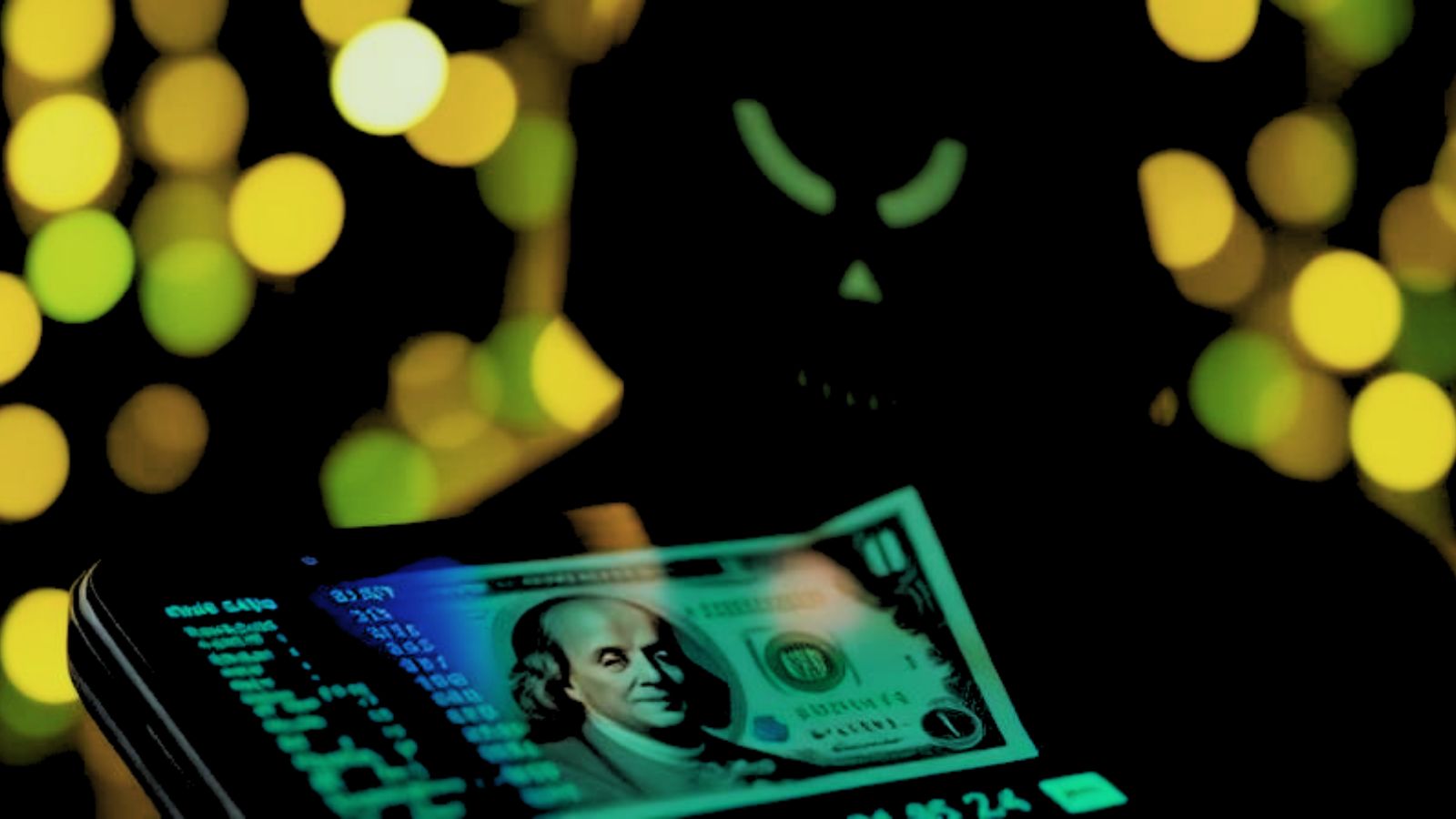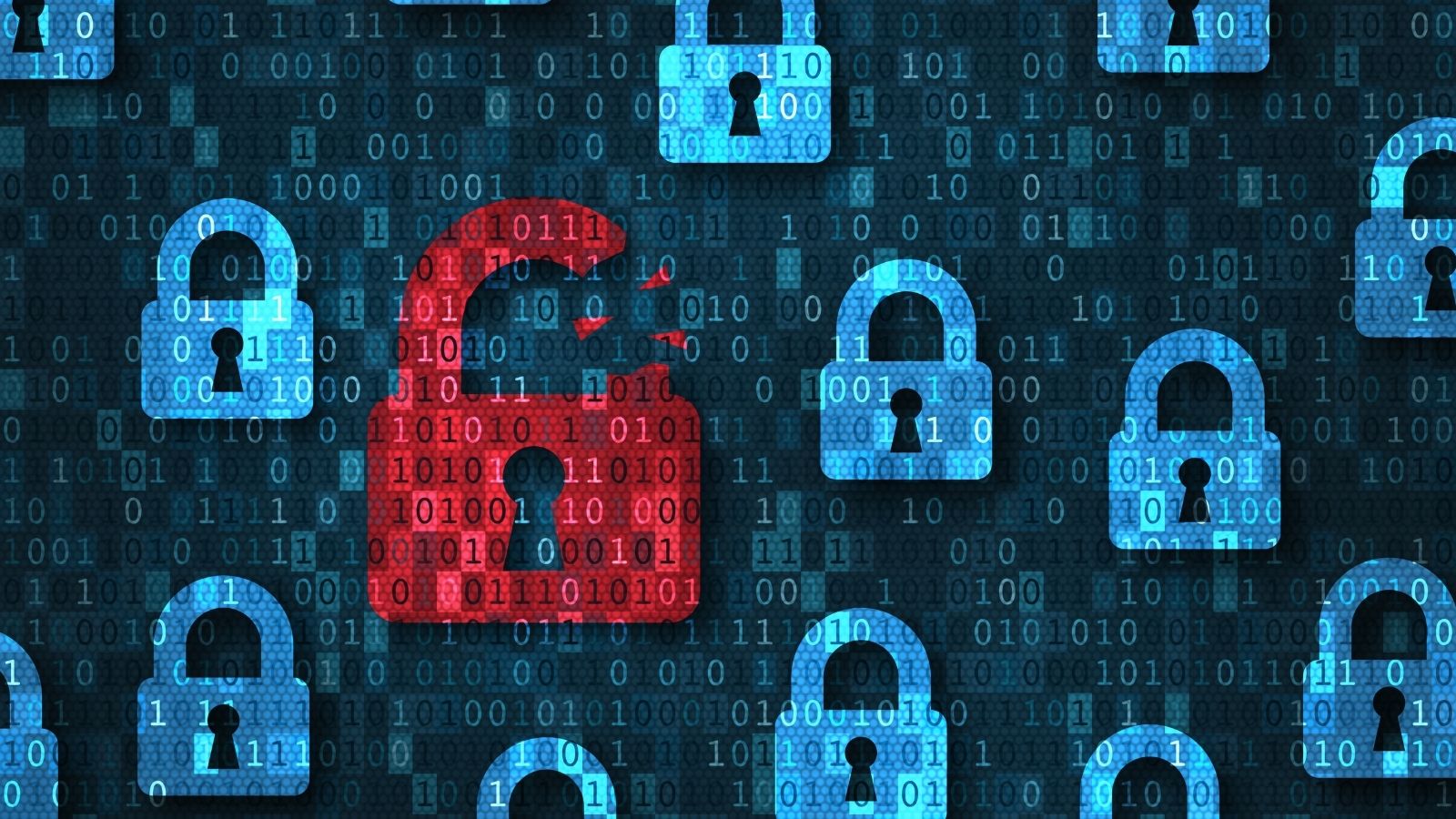
Where and When Do You Have the Right to Privacy?
Human rights is always a hot topic of discussion. Especially when it comes to what qualifies as a human right and what doesn't.
The UN's declaration on universal human rights include things like the right to life, the right not to be tortured and so on.
Some individual countries might include things like education, water, and food among the basic right. Some countries are even flirting with the idea that internet access should be a human right.
As you can see, these rights generally reflect the sorts of things needed to live a happy, dignified and long life.
One of the rights enshrined in the UN declaration is the right to privacy. Specifically, Article 12 outlines this right. That no person shall be arbitrarily deprived of their privacy. The word "arbitrarily" is important here, because those rights can be taken away or limited with reason. For example, when you are in prison or if someone has a search warrant for your home.
Nonetheless, nations that value human rights have strong legal protections for the right to privacy. Mainly because people are much happier living in a society that grants them privacy. So where and when do you have the right to privacy? That's a big discussion, but I'll try to break it down into its general
Global Privacy
Every country has a slightly different take on the right to privacy. Some countries sadly have almost no regard for privacy at all! Either way, there's no accurate discussion of privacy that will account for every possible nation and legal framework. So it's always your responsibility to make sure you know what rights you are afforded in the nation where you reside. The discussion we're having here should apply in a general sense to nations that subscribe to the values related to basic human rights and justice.
In this internet-connected world, you should also be aware of the privacy laws of the country you are visiting on the web. As well as the privacy threats you face when doing so. If you use a service based in Europe, your private information will be handled under EU privacy laws.
Privacy at Home
The home is the traditional bastion of privacy. Your home is your castle. A place that you have the strongest privacy protection.
People can't just look through your windows or hide cameras in your home. For the state to legally spy on you, they need explicit permission from a judge or other appropriate legal entity.
The authorities can't just waltz in whenever they want, although in countries like the US police officers are allowed to enter your home if they have "probable cause". For example, if someone is screaming "help!" from inside the home or they have good reason to suspect a crime is being committed or is about to be committed. They can't do this lightly either. An explanation to a judge will have to happen later.
If someone needs to do something special like employ binoculars, install cameras or bug your home in order to see what you are doing, they would be breaking privacy laws of some sort.
However, there are some cases where you can be at home and not have a reasonable expectation of privacy. If you leave the curtains open so that anyone passing by can see the inside of your home, you've waived your privacy protection.
If you throw out trash that has sensitive info, you'll have no right to complain either. The same goes for internet use as well. You might be in your home, but your internet packets are leaving and going all over the world. Once they leave your home, they are fair game. Which is why VPNs and encryption are so important.
Privacy at Work
How much privacy you have at work is a tricky subject. Most countries have laws against putting cameras in places like bathroom stalls. But companies may be fully within their rights to have surveillance cameras in your workplace. Also, if you are using a company computer or internet connection for personal purposes you can't expect privacy either.
Your company emails are almost certainly not private and you should treat them as if your boss can read them whenever they want to.
Also, bear in mind that your office isn't really private either. You can't stop anyone in authority in your company from accessing it. Security will also have keys to everything you do.
Other employees may also be watching you when you least expect it. So it's best to consider any location at work as being a public one.
Privacy in Public
When you go into public places like sidewalks, malls and other places people spend time that aren't work or home, do you have privacy?
The answer is, of course, yes, but to a much lesser degree. For example, you generally can't object to people photographing you in a public place where anyone can see you. This is how the paparazzi can get away with their trade. They very carefully work not to overstep the legal line.
That being said, you still have privacy rights. For example, if you are walking around with a briefcase, someone can't just open it up and rifle through it. Your personal space remains private. So if anyone touches you in person or otherwise interferes with you that's a privacy violation in most countries.
If you have a conversation in a place where other people can overhear you, there can't be an expectation of privacy either. Make a point of looking for the exact limits of your privacy in public places. The best strategy, however, is to be very circumspect in public.
"Right" vs Reality
It's important to understand that just because you have the right to something, that does not mean everyone will respect it. People have the right to life, but murders still happen. Most importantly, punishing a person for murder (or privacy invasion) does not undo the act that hurt you in the first place.
Privacy rights give you the backing of the law, but it's just a paper shield. You need to be proactive and work to protect privacy invasions before they happen.
Enforcing Your Rights
Making sure your right to privacy is enforced means putting protection in place that makes it hard for anyone to get into your personal affairs.
At the basic level, this means keeping your curtains drawn when you don't want to be spied on. At a sophisticated level, it means using a VPN for your home connection and mobile phones. It means locking your workstation every time you get up from your desk at work.
These small, privacy-conscious acts all add up to a life with much less anxiety. Less fear that someone is going to dig into your life and use that information to victimize you. With a slight change in attitude, you could have that peace which is so elusive in these modern times.
How well do you exercise your right to privacy? Let us know in the comments below. And, make sure to follow TechNadu on Facebook and Twitter for the latest updates. Thanks!



